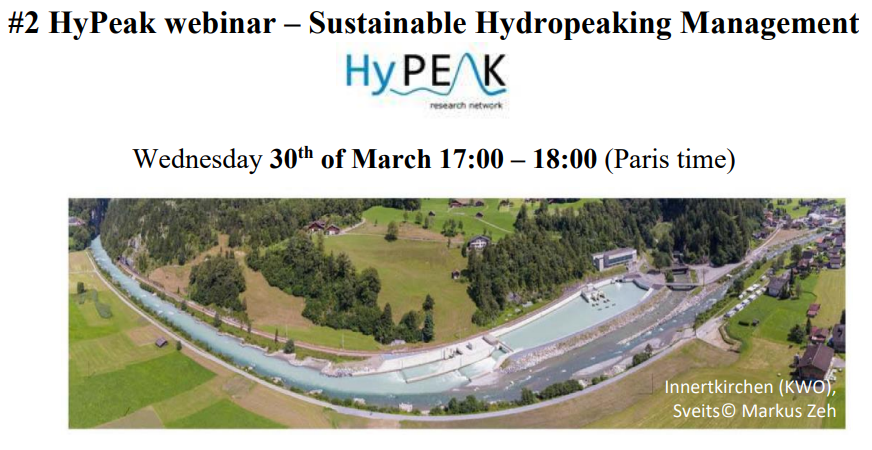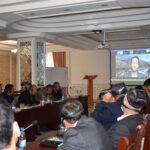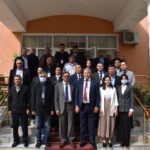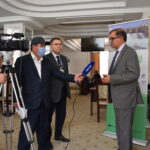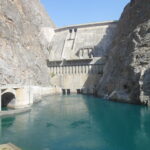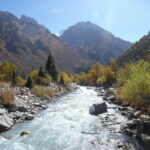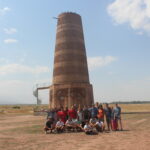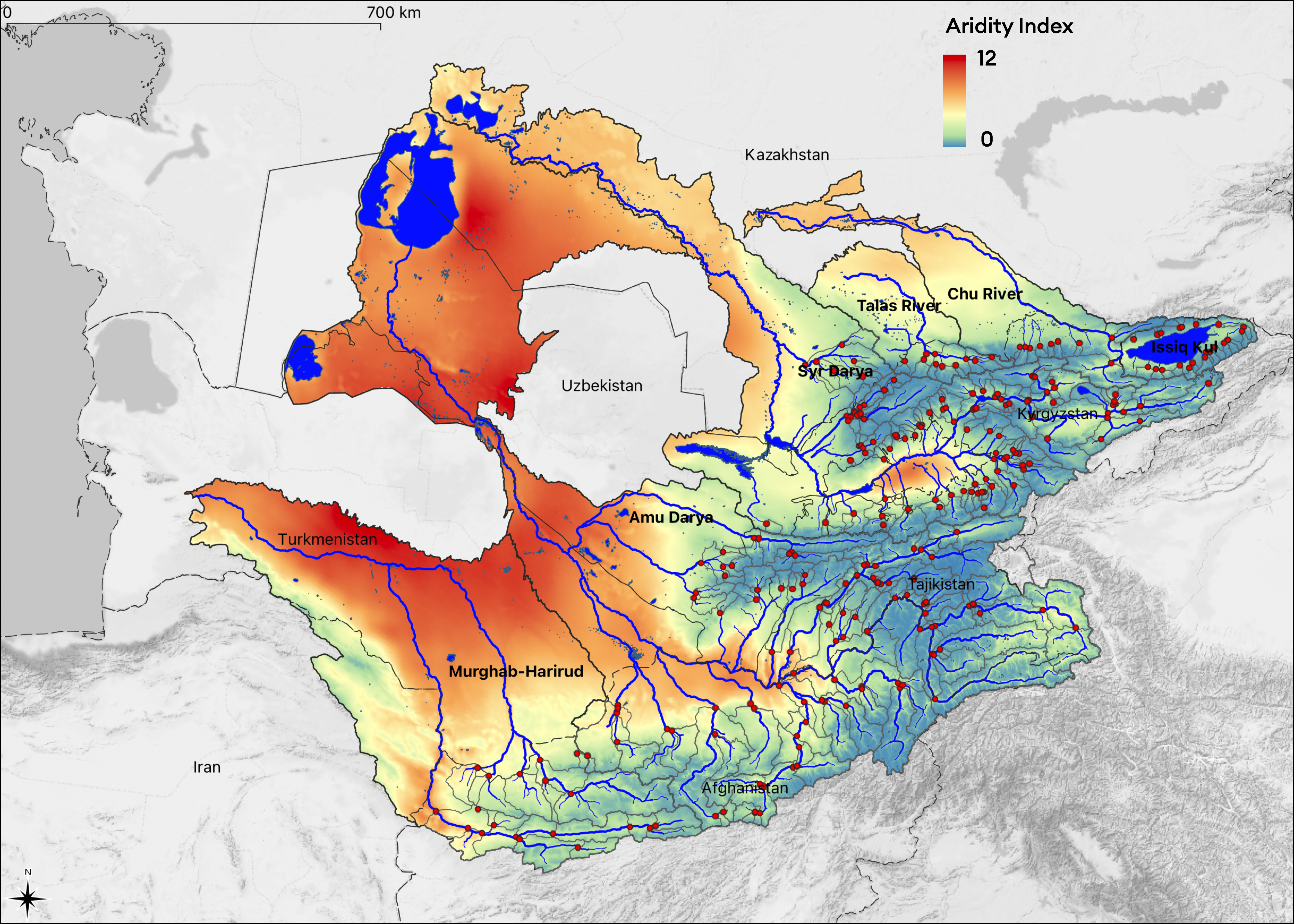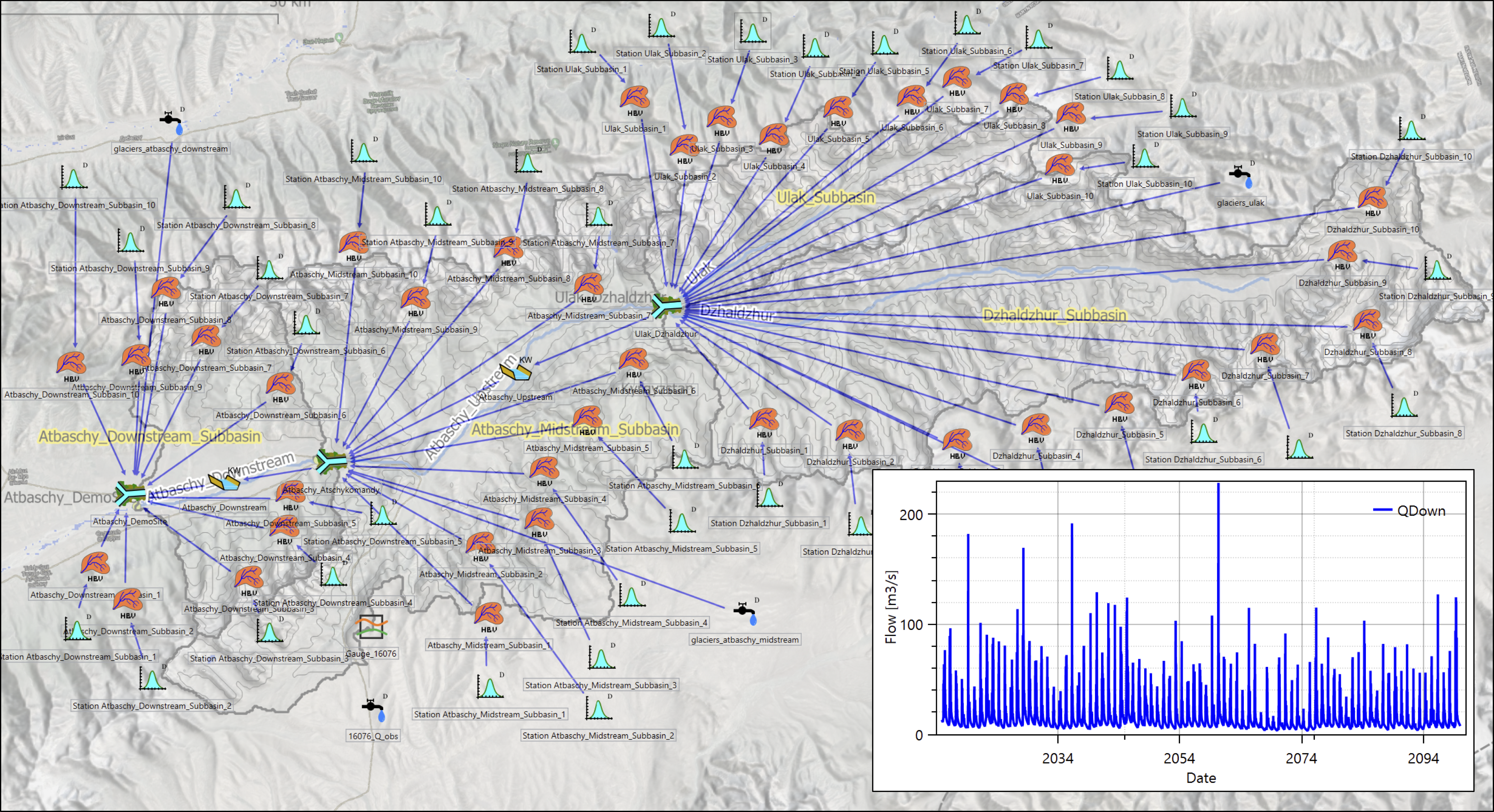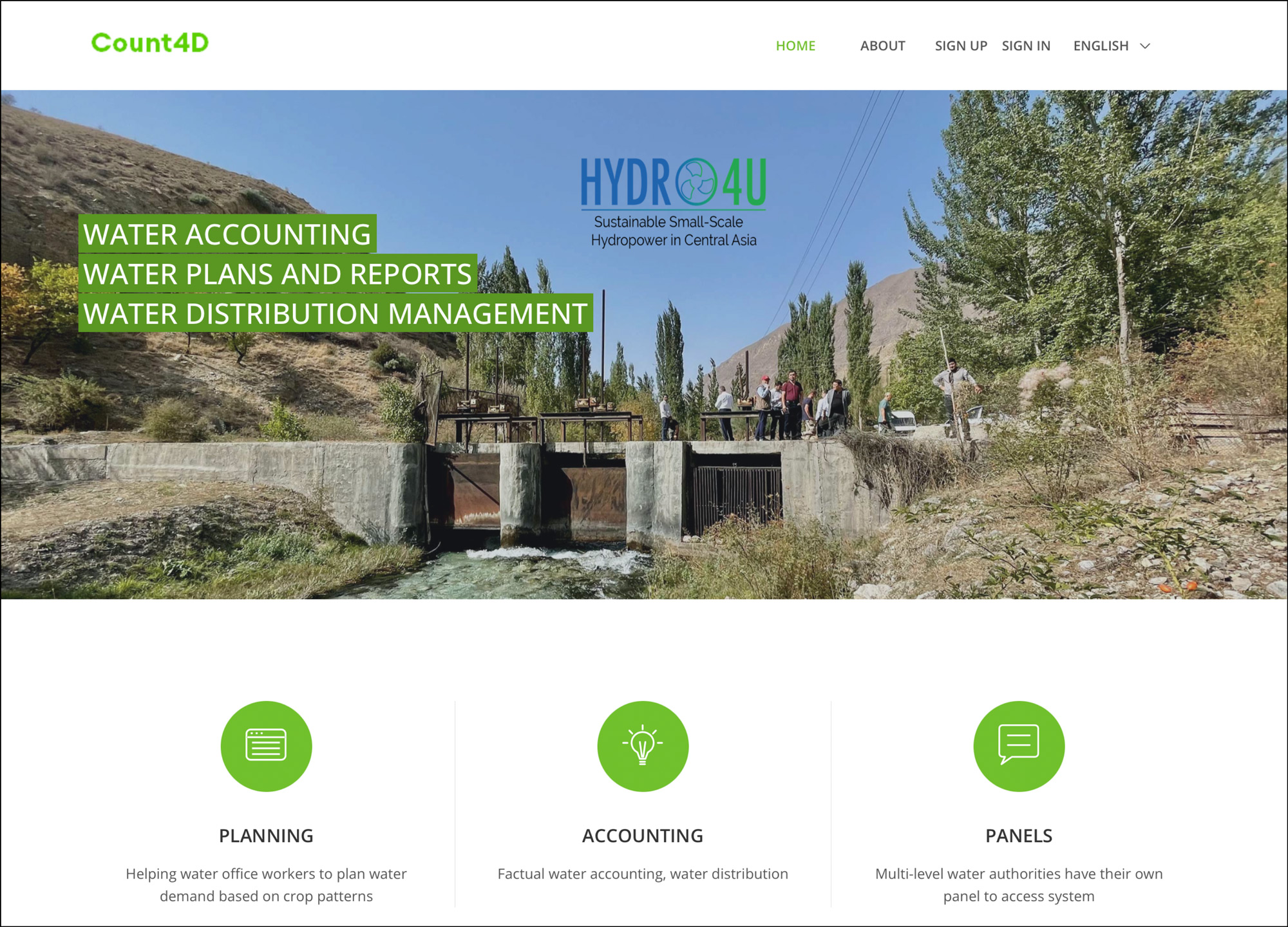The International Water Management Institute (IWMI) is a non-profit, research-for-development organisation, based in Colombo, Sri Lanka, that works with governments, civil society and the private sector to solve water problems in developing countries and scale up solutions. IWMI opened a subregional office in Tashkent, Uzbekistan, in 2001. It is the only international institute conducting water research in Central Asia. Together with the numerous partners and stakeholders from their broad network, IWMI tackles the key water management issues facing the region. IWMI identifies the best practices for improving irrigation performance, reversing land degradation, addressing interlinkages in the water-energy-food nexus, improving the efficiency of water and energy use, promoting the economic efficiency of water management, and enhancing transboundary water cooperation and governance in shared river basins. IWMI’s strategy is centered around three strategic programmes – Water, Food and Ecosystems; Water, Climate Change and Resilience; and Water, Growth and Inclusion – each supported by high-quality science and digital innovation.
In Hydro4U, IWMI is responsible to carry out the quantification of shared benefits and trade-off analyses from small-scale hydropower (SHP). The cross-sectoral nexus dimensions need to be fully understood, not only at regional level, but also in the specific local contexts where SHP solutions are planned. Therefore, a seminar was held on 9th March 2022 in Fergana (Uzbekistan) to exchange views with the population and local authorities on the assessment of the nexus interdependence and cross-sectoral distribution of interests. The purpose of the consultation meeting was to discuss with local stakeholders from Ferghana district the importance of the nexus between Water-Energy-Food and Climate in the context of SHP installation in Shakhimardansay, one of the demonstration sites selected under Hydro4U.
Therefore, it is important to understand how SHP will influence other sectors in the region and how it will improve socio-economic conditions of the enclave Shahimaradansay. The aim was to bring together representatives of the water, energy, agricultural and environmental sectors as well as local authorities.
The water, energy and food sectors are so strongly interlinked that actions in one area commonly impact on one or both of the other sectors. Yet, all too often, these sectors operate in isolation, and seeking security in one sector may in fact compromise others or affect negatively the integrity of ecosystems.
In transboundary basins, obtaining harmonised data from all riparian countries and forming a holistic and shared picture of the situation and future scenarios is more complicated and requires specific approaches and policy dialogues. A joint assessment of intersectoral links, trade-offs and benefits serve the development of more coherent policies, reducing frictions between sectors and environmental impacts, as well as promoting the expansion of cross-border cooperation.
The nexus approaches help governments, investors and local communities think about where and how to maintain, restore and improve ecosystems and biodiversity, regenerate agriculture, and support sustainable irrigation, clean energy, and agro-processing needs. The nexus approach involves a broad range of actors (including women, youth and vulnerable groups) and stakeholders working together to connect systems in ways that seek equitable economic and social well-being.
IWMI will assess the cross-sectoral nexus at regional level and in the specific local contexts where SHP solutions are planned. A situational analysis report and survey to document site-specific characteristics will be prepared. Geospatial analyses will be enriched by interviews with stakeholders in the catchment area to capture detailed socio-economic dimensions on the ground. An investigation will be undertaken to determine to what extent site-specific learnings are transferable to the Central Asian context, to interstate canals and transboundary river basins.
IWMI jointly with other Hydro4U partners will conduct a mapping of the main actors at selected demo and test sites, of their roles and responsibilities and investigate the formal and informal institutions that exist to foster water governance. The robustness of sharing agreements will be screened according to their “climate-readiness”, including from the perspective of the extent of non-cooperation in the respective contexts.
Author: Saida Usmonova, IWMI-Tashkent
Partner Description: IWMI
Website: https://www.iwmi.cgiar.org/about/where-we-work/asia/iwmi-in-central-asia/
LinkedIn: International Water Management Institute (IWMI)

